First What is a 64-bit Processor?
Ask around, and you’ll hear numerous definitions of the 64-bit processor. You’ll often hear that the processor can use more than 4GB of RAM. This isn’t true, as a chip’s bit count has nothing to do with how much memory it can address. Processors use two kinds of numbers to perform addition, multiplication and moving or copying data in memory. You have your integers, whole numbers like 90210, or floating-point numbers, those with decimals like 3.14159265359. If a processor can handle integer operations up to 16 bits long, it’s a 16-bit. If it can run a 32-bit integer operation, it’s 32-bit; you guessed it, a 64-bit processor can handle 64-bit integers.
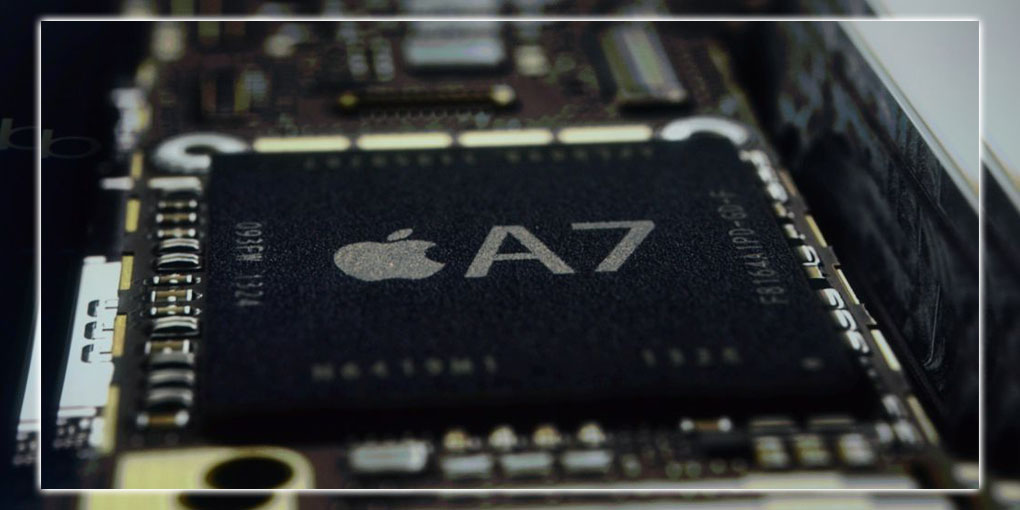

A 32-bit processor also uses 32 bits to point to locations in memory, while a 64-bit processor uses 64 bits. That means a single program can address only 4GB with a 32-bit chip, even if the processor can manage more. A 64-bit processor points to memory locations using 64 bits, allowing individual programs to address 16 exabytes, a practically unlimited amount of memory. For most apps, a 64-bit processor doesn’t offer much benefit. Most of the apps we use on our phones and tablets really don’t have much need for 64-bit integer operations. Or more than 4GB of memory per program. In fact, a 64-bit app can sometimes run slower than a 32-bit app. Because using all those 64-bit memory pointers can make the app larger, sucking up more cache RAM.
So Why are 64-bit Mobile Processors Better?
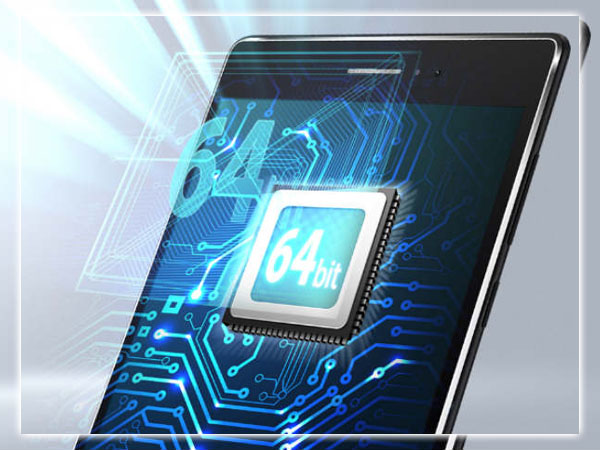
The move from 32-bit to 64-bit ARM processors in our Android devices is just one development. In a more significant, much more important change the move from the ARMv7 architecture to ARMv8. For nearly the past decade. The chips in our smartphones have been based on one principal set of supported instructions features, ARMv7. All our modern smartphones, the original iPhone, T-Mobile G1, the iPhone 5, and Samsung Galaxy S5. Have been built with processors that adhere to the ARMv7 specifications. ARMv7 has had its share of improvements and extensions over the years. However, at its core, it’s still the same fundamental architecture we’ve been stuck with for almost a decade.
And ARMv7 is getting a little long in the tooth. So about three years ago, ARM introduced a new standard, and all the chip makers can build processors around ARMv8. ARMv8 includes a whole host of improvements. It streamlines all the ARMv7 instructions that today’s processors must handle by default. New instructions for modern applications have been added, and old, depreciated instructions have been thrown out. Special instructions applicable to encryption have been added, too.
What’s more, the spaces inside a processor where commonly used instructions and data are stored are called registers. They have roughly doubled in number in ARMv8. That’s a big deal because an ARMv8 processor will spend less time pulling data from memory.
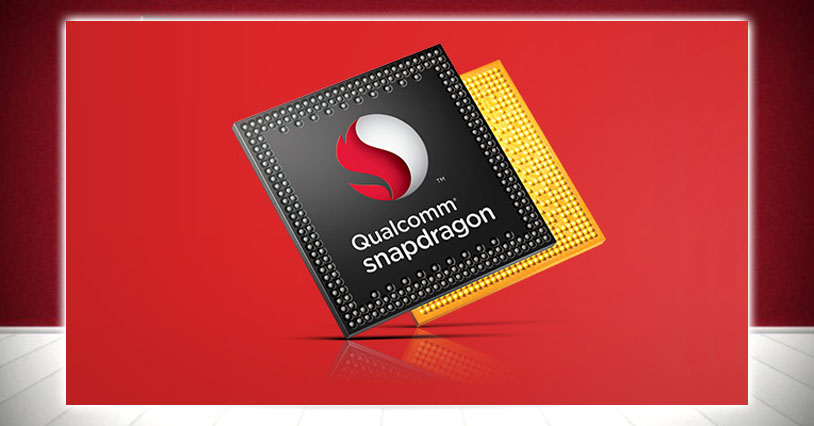

Speed
And, of course, ARMv8 is 64-bit capable, all while maintaining compatibility with older 32-bit ARM software. The new ARMv8 architecture makes 64-bit chips faster and more efficient. Not merely the fact that they’re 64-bit. You don’t get one without the other. Still, it’s a lot easier to celebrate 64-bit in a press release. Than try to explain the benefits of increased register space or a refined instruction set.
Is 64-bit Really Going to Make a Big Difference?
Well, yes and no. The first Android products to bear 64-bit chips offered performance all over the map. The HTC Desire 510, for example, is a budget phone powered by a Qualcomm Snapdragon 410 processor. The Desire 510, based on the ARMv8 architecture, is 64-bit. It’s still a low-end handset that will be slower than most of the high-performance phones on the market. Qualcomm’s next 64-bit chips to hit the market will be the mid-range Snapdragon 610, 615 chips. It’s still nothing to get worked up about. The pedal hit the metal early the following year, 2015, and expected devices bearing the high-end Snapdragon 810 chips. On the other hand, before the year was out. We saw tablets sporting the dual-core 64-bit version of Nvidia’s Tegra K1 chip. That processor would be very fast, indeed.
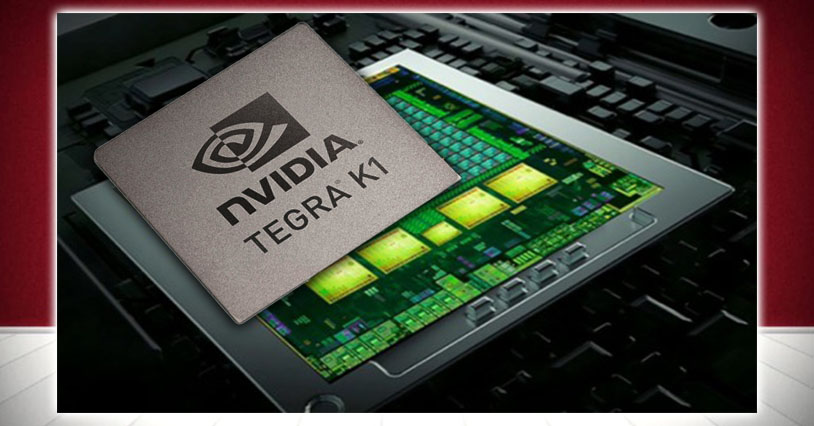

Consider this: Apple’s iPhone 5S had a 64-bit mobile chip and had been on the shelves for about a year. It was swift, but that hadn’t stopped Android phones from matching its performance with lowly 32-bit processors. Moral of the story: Faster processors are always on the way, 64-bit or not. Don’t be hoodwinked by the 64-bit checkbox on the specs sheet. The move to ARMv8, 64-bit mobile processors, is perfect, but not every 64-bit processor is faster than every 32-bit processor.
64-bit Really Needs Android to Shine
There’s one more piece to this puzzle the operating system. If you buy a 64-bit phone with Android 4.4 KitKat on it. You won’t unlock its potential until it upgrades to the next Android OS. To properly utilize ARM’s new 64-bit architecture, you’ll need both operating system and application support. Android had been designed to fully support ARMv8 64-bit platforms, while KitKat had not. But what about apps? Do you need to wait for app developers to create unique 64-bit-optimized versions of their apps?
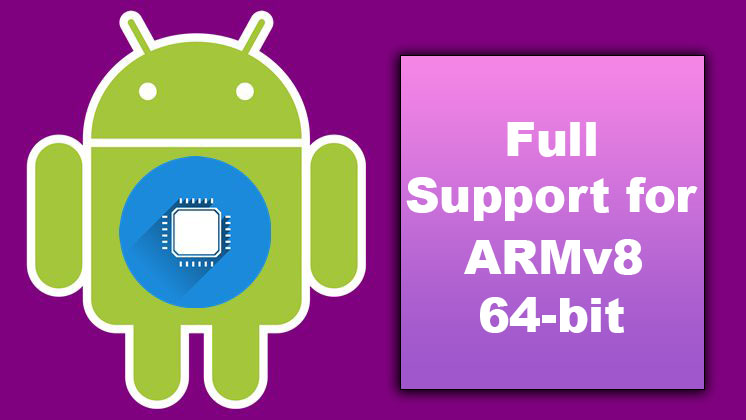

Well, apps will get faster and more efficient when developers optimize for these new chips. But you may not have to wait to see the benefits. On Android, most apps are based on Nova. So when you download an Android app. And grabbing a package of zipped-up code libraries that the Android OS turns into a functional program. That’s understood by your phone’s processor, called compiling. The compiler in Android, known as ART, is to produce code for the new ARM architecture. So, with Android, a 64-bit processor in your phone or tablet. Your apps run faster without a developer lifting a finger to make special optimizations. And if they do make those optimizations, their apps could run even better.
By This Time Next Year, We’ll Have Forgotten About 64-bit
Marketing departments love the term 64-bit. Any time they can put a number twice as big on the box, they’re going to. You’re using a 32-bit phone now, so if you’re anything like the typical human. Your emotional triggers will tell you a 64-bit phone is twice as fast. It’s why we see cameras crammed with more megapixels and processors with more cores. More always equals better, right? In this case, the marketing departments aren’t wrong. They’re just overstating the importance of 64-bit to the Android market. Yes, the new ARMv8 architecture, which brings 64-bit computing along for the ride, had several nice enhancements. And, yes, so did Android, which is necessary to take advantage of the new architecture. But better processors and operating systems roll out every year. They’re never twice as good as last year’s, and these won’t be, either.
Nearly every hot new phone or tablet will contain a 64-bit-capable chip within a year. Even the cheap ones. Android will be everywhere; we’ll already be pining for the next version of Android. 64-bit will no longer be a selling point worth calling out on marketing materials. We’ll wonder why we ever made such a big deal about it in the first place. It was great to talk about 64-bit phones in 2014, as technology was coming to us. It was a superpower then. Today in the 2020s. We again have the marketing materials in our faces with commercials for this phone and that tablet. We get to hear how much storage, like 256GB, 8GB Ram, and other bits, tempt us to buy. So, we have not entirely forgotten about 64-bit. Some people may be waiting for the next generation of bit technology.














